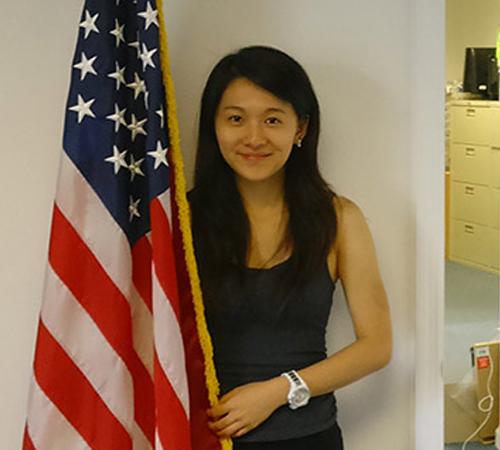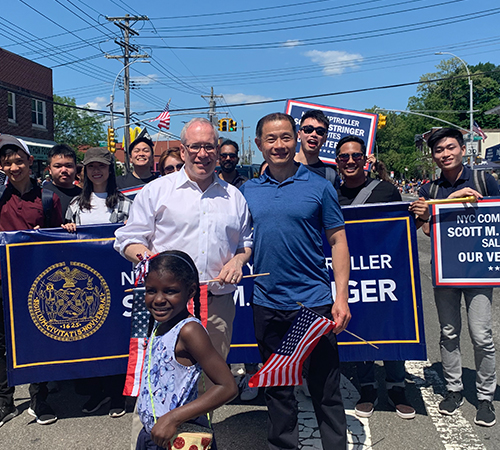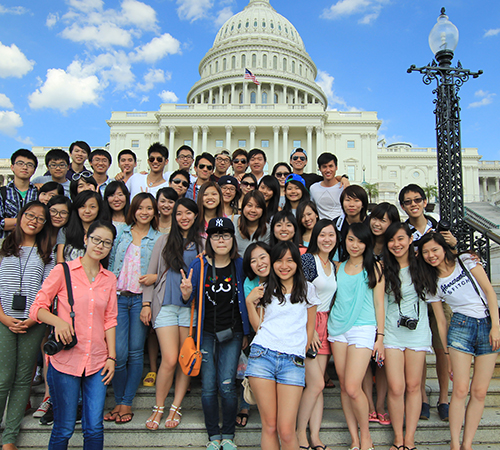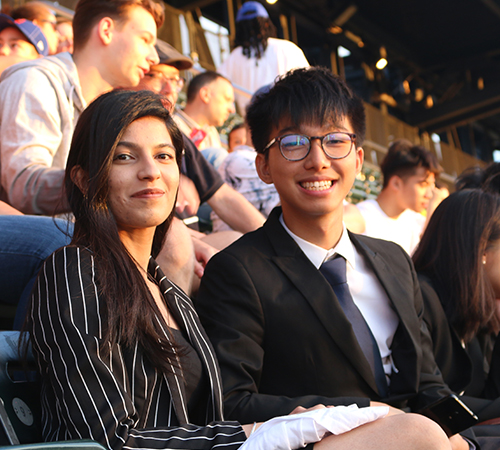J-1 internships come with important compliance requirements that applicants must be aware of to ensure the right expectations before joining. Below, we highlight key considerations and essential information that applicants should be aware of before joining.
1 Visa Classification A US visa or status is required for foreign nationals participating in US internships. B1/B2/ESTA visas are unsuitable for internships, whether paid or unpaid. The J visa/status type is for foreign nationals participating in internships in the US under the EVP. J-1 is for exchange visitors, and J-2 is for dependents.
2 J Visa or Status Generally, prospective exchange visitors apply for a J visa at a US embassy or consulate located abroad. There is a nonimmigrant visa application (MRV) fee charged by the Department of State for processing visa applications. Qualifying Canadians or Bermudians may apply for J-1 intern status at the border and bypass the visa interview and visa application fee. The SEVIS fee, charged by the Department of Homeland Security, is applicable to all exchange visitors.
3 J-1 internships People often confuse H and J visa types. The H visa is typically for working, while the J visa is for cultural and educational exchange, including internships. H visa holders are sponsored by their employers, while J visa holders are sponsored by the Department of State-designated sponsors. Unless the host is a designated sponsor, applicants need to identify a designated sponsor to admit them to the EVP and monitor their program.
4 Administrative Duties The EVP J-1 internship program comes with significant compliance requirements; therefore, the application process can’t be overly simplified. Despite our straightforward application process, when joining, ensure you are willing to dedicate time to application and program administration to ensure a smooth and compliant experience.
5 SEVIS Information about J-1 interns entered into SEVIS, a system managed by the Department of Homeland Security to monitor F/M/J visa holders, must adhere to strict rules regarding accuracy, currency, and completeness. Any discrepancies or errors can result in delays in the visa application process, incurring additional administrative fees, and may even lead to visa rejection or program cancellation.
6 Program Date The program begin date must be determined carefully. Ensure that it (a) falls within a year after your graduation date and (b) is after your arrival date in the US. Due to varying visa application timelines (
HERE), set the start date a few days after your anticipated interview, allowing for administrative processing in some cases. Failure to arrive in the US before your designated program start date will trigger an amendment process with administrative fees and increase the likelihood of questioning by CBP upon US admission. If arrival is delayed by more than 10 days, program cancellation may occur.
7 Cultural Activities Cultural engagement is a vital aspect of the EVP exchange visitors’ experience. Not only are participants expected to gain skills and knowledge, but they are also encouraged to actively engage in activities to firsthand experience American culture, foster global citizenship, and develop greater cultural awareness. FUSIA mandates that participants engage in at least four activities, each requiring a write-up and 2-5 photos featuring them. Additionally, participants need to submit 8-10 photos describing their internship experience. These photos may be featured on FUSIA's website and social media platforms, and participation implies consent to this use and adherence to the specified requirements.
8 Consecutive Programs For consecutive US programs, including a J-1 internship with FUSIA, if both programs are of the same visa type (J), you must complete the first program before applying for the visa for the second program from outside the US because holding two visas of the same type simultaneously is not allowed, and obtaining the second one will result in the cancellation of your first visa. If the other program is of a different visa type, such as an F visa, you can apply for both visas before your trip the US. After finishing the first program, you will need to exit the country and re-enter to begin the second one.
9 Two Year Rule After your visa interview, if you are granted a J-1 visa, both the visa stamp in your passport and the DS-2019 form will indicate whether you are subject to the two-year home-country physical presence requirement. If you are bound by this rule, it means you must return to your home country for at least two years at the end of your exchange program before you can qualify for certain other US visas or status adjustments.
10 Repeated J-1 Interns/Trainees Former exchange interns/trainees are eligible to participate in additional J-1 internship and training programs, subject to meeting specific criteria. These include: (1) verification of eligibility during the previous program and successful program completion, (2) the additional program focusing on the development of more advanced skills or a different field of expertise, (3) fulfillment of the two-year residency requirement (for J-1 training program applicants), and (4) maintenance of student status, initiation of a new internship program within 12 months of graduation, or successful completion of a recognized course of study and enrollment in the next higher level of academic pursuit (for J-1 internship applicants).



